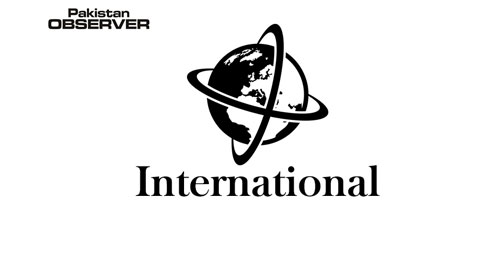The German government on Sunday unveiled a new multi-billion-euro plan to help households cope with soaring prices, and said it was eyeing windfall profits from energy companies to help fund the relief. German businesses and consumers are feeling the pain from sky-high energy prices, as Europe’s biggest economy seeks to extricate itself from reliance on Russian supplies in the wake of Moscow’s invasion of Ukraine.
Rapid measures to prepare for the coming cold season will ensure that Germany would “get through this winter”, Chancellor Olaf Scholz said at the unveiling of the 65-billion-euro ($65-billion) package. The latest agreement, which brings total relief to almost 100 billion euros since the start of the Ukraine war, was hammered out overnight into Sunday by Germany’s three-way ruling coalition of Scholz’s Social Democrats, the Greens, and the liberal FDP.
Among the headline measures are one-off payments to millions of vulnerable pensioners and a plan to skim off energy firms’ windfall profits. The government’s latest relief package came two days after Russian energy giant Gazprom said it would not restart gas deliveries via the Nord Stream 1 pipeline on Saturday as planned after a three-day maintenance. Ukraine’s President Volodymyr Zelensky late Sunday said his country had foreseen the energy complications.
“Ukraine has repeatedly warned Europe that maintaining Nord Stream ties with Russia would be a problem that could turn into disaster at any moment. That is exactly what has happened,” he said. Scholz said the German government had made “timely decisions” to avoid a winter crisis, including filling gas stores and restarting coal power plants. But preventative measures, including a drive to reduce consumption, have done little to break a sharp increase in household bills.
The latest announcement follows two previous relief packages totalling 30 billion euros, which included a reduction in the tax on petrol and a popular heavily subsidised public transport ticket. But with the expiration of many of those measures at the end of August and consumer prices still on an upward march, the government has been under pressure to provide new support. Inflation rose again to 7.9 percent in August, after falling for two straight months thanks to previous government relief measures.
Scholz said however that not everyone was suffering from the high consumer prices. Some energy companies which may not be using gas to generate electricity could “simply use the fact that the high price of gas determines the price of electricity and are therefore making a lot of money,” he said.
“We have therefore resolved to change the market organisation in such a way that these random profits no longer occur or that they are skimmed off.”—APP










